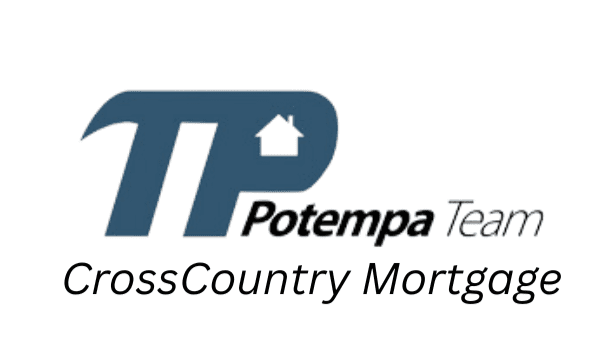Being your own boss offers plenty of perks—flexibility, independence, and the ability to build something that’s truly yours. However, when it comes to getting a mortgage, self-employed individuals often hit a few more roadblocks than traditional W-2 employees. The good news? There are many mortgage options for self-employed borrowers looking to secure home financing—it just takes a bit more preparation! In this guide, we’ll break down what to know before applying, the best loan options available, and how to improve your chances of getting approved.
What Self-Employed Borrowers Should Know Before Applying for a Mortgage
If you’re self-employed and want to buy a home in 2025, there are a few key things to know before diving into the mortgage process. Unlike traditional borrowers who can rely on W-2s and pay stubs to verify income, self-employed individuals need to provide more documentation to prove their earnings. Lenders will typically look at your tax returns, profit and loss statements, and bank statements to get a full picture of your financial health. One common hurdle? Write-offs. While deducting expenses lowers your taxable income (and your tax bill), it can also make it look like you earn less on paper—which might impact your loan approval. The good news is that knowing what lenders are looking for and getting your finances in order ahead of time can make the process smoother and improve your chances of securing a great loan. At the Potempa Team, we love working with self-employed borrowers and have strategies specifically designed to help get you approved!
Best Mortgage Options for Self-Employed Borrowers
Just because you’re self-employed doesn’t mean your mortgage options are limited. There are several loan programs designed to accommodate borrowers who don’t have traditional W-2 income. Bank statement loans are a popular choice, allowing you to use your personal or business bank statements to verify income instead of tax returns. If you have solid tax documentation, conventional loans backed by Fannie Mae and Freddie Mac can work, too. FHA loans can be a great option for those with lower credit scores or smaller down payments since they have more flexible requirements.
How to Improve Your Chances of Getting Approved for a Mortgage When Self-Employed
Getting pre-approved for a loan is a key step to take before you ever look at homes. To improve your chances of approval when you’re self-employed, keep these tips in mind. First, keep your income documentation in order—be prepared to provide two years’ worth of tax returns, profit and loss statements, and bank statements. If you take a lot of deductions, consider minimizing write-offs for a couple of years before applying to show higher taxable income. A strong credit score also works in your favor, so pay down debts and avoid late payments. Another key factor? A healthy cash reserve. A solid amount of savings in the bank will be essential to ensure you can handle mortgage payments even if your business hits a slow period.
If you’re ready to take the next step, reach out to us at the Potempa Team! As a top lender with over $1 billion in mortgages originated over the last year, we specialize in helping self-employed borrowers like you secure the right loan for your needs.





